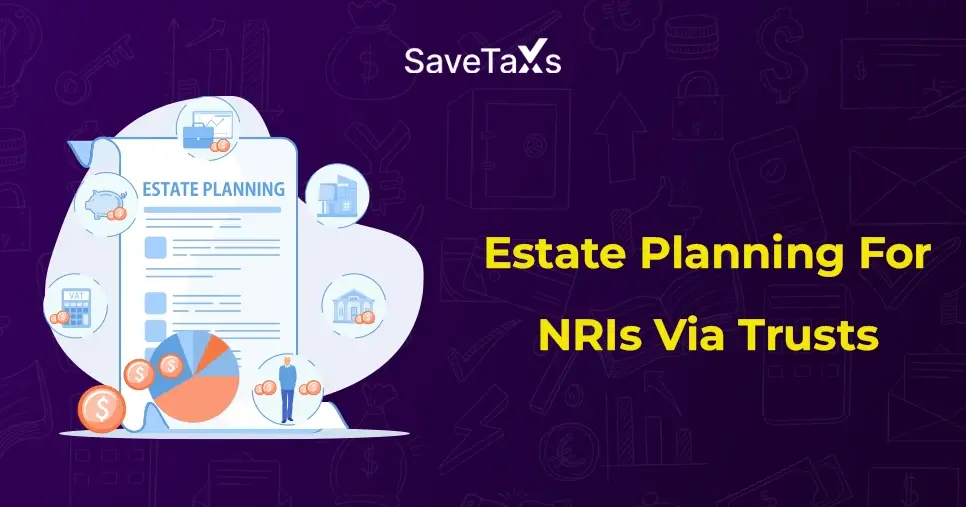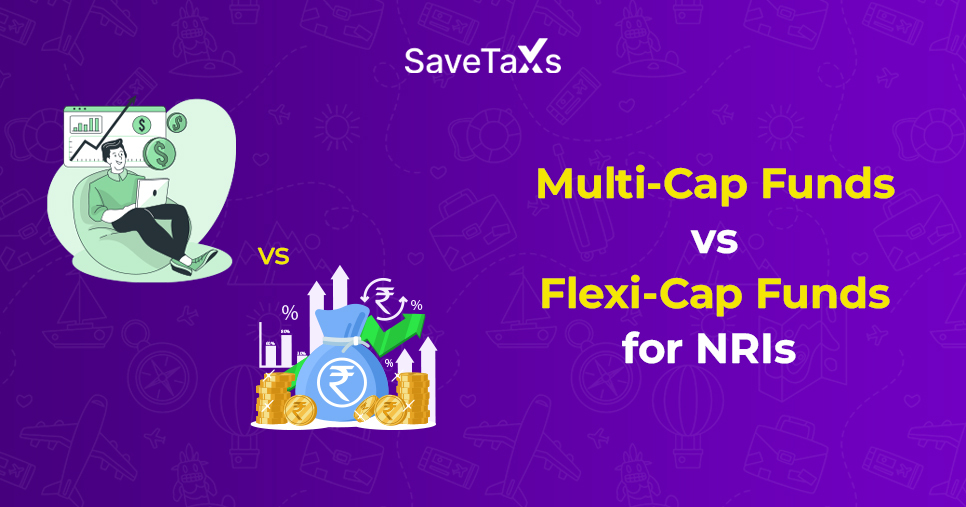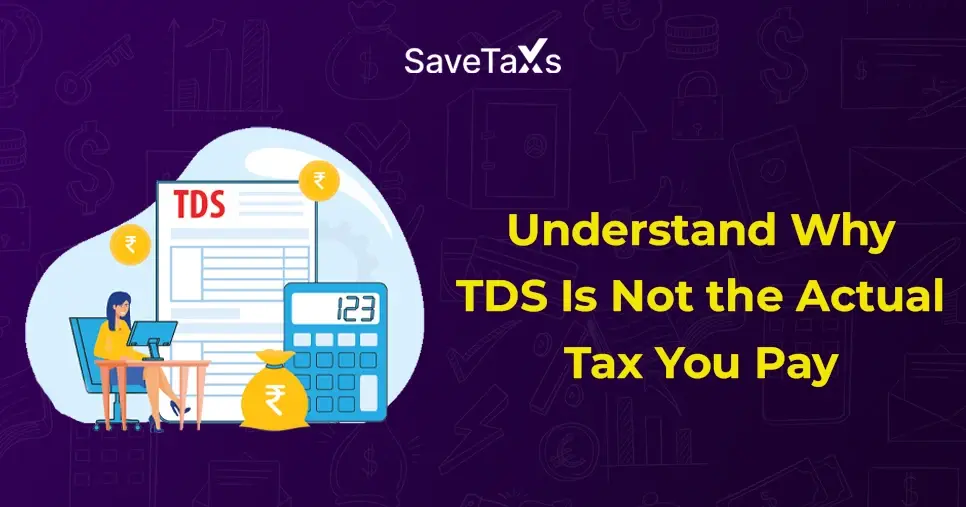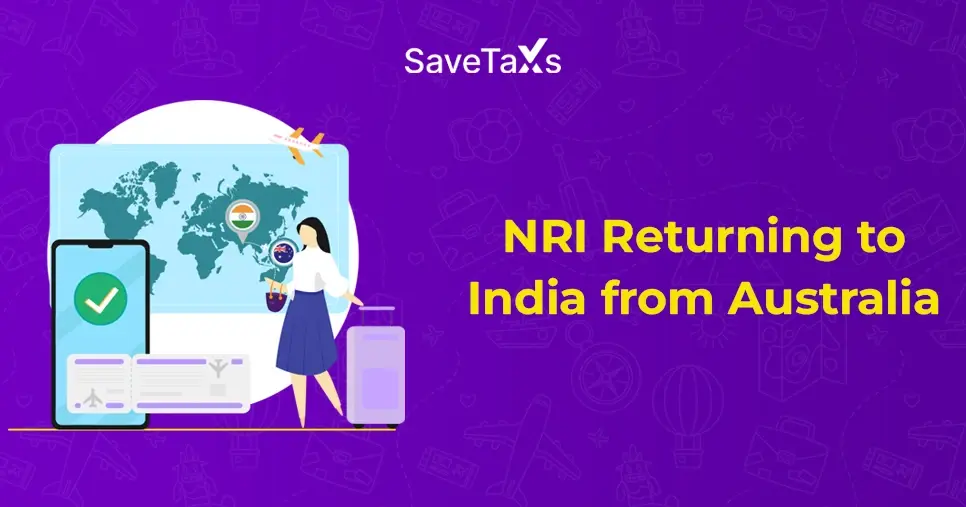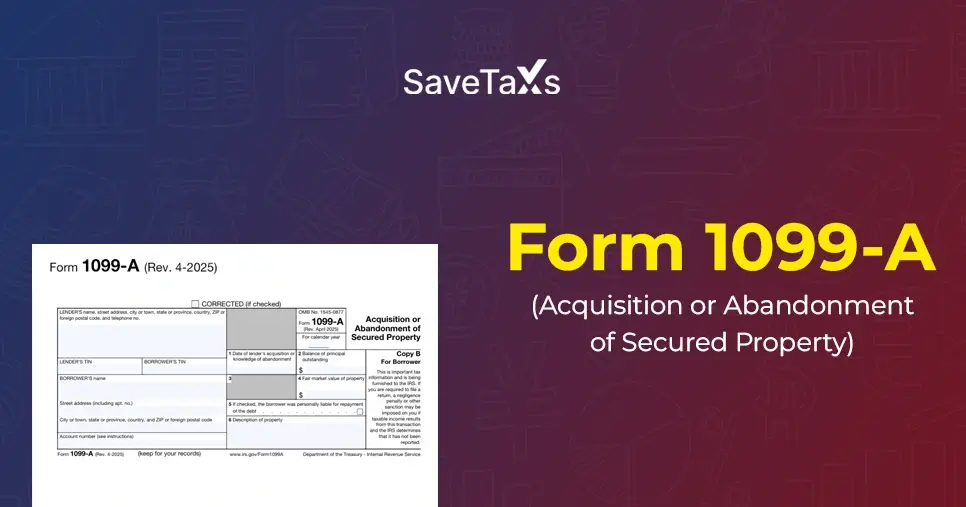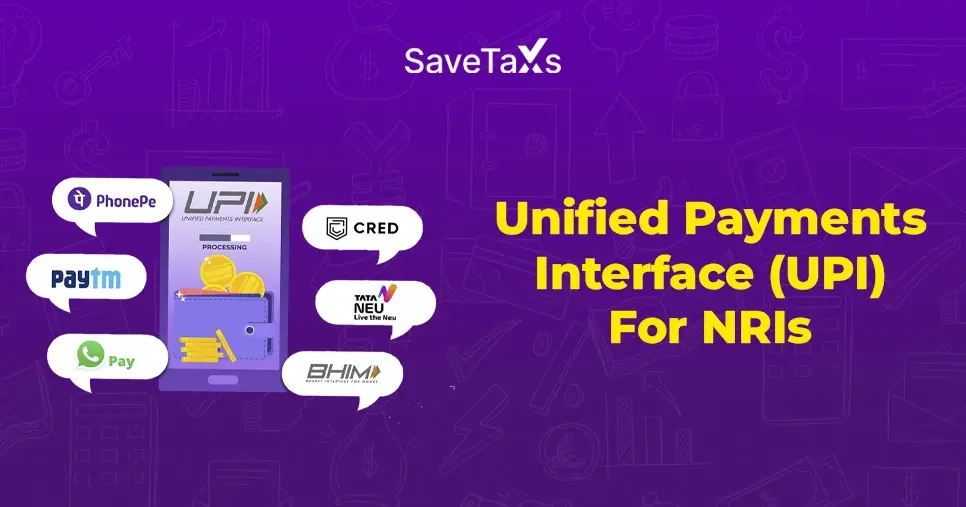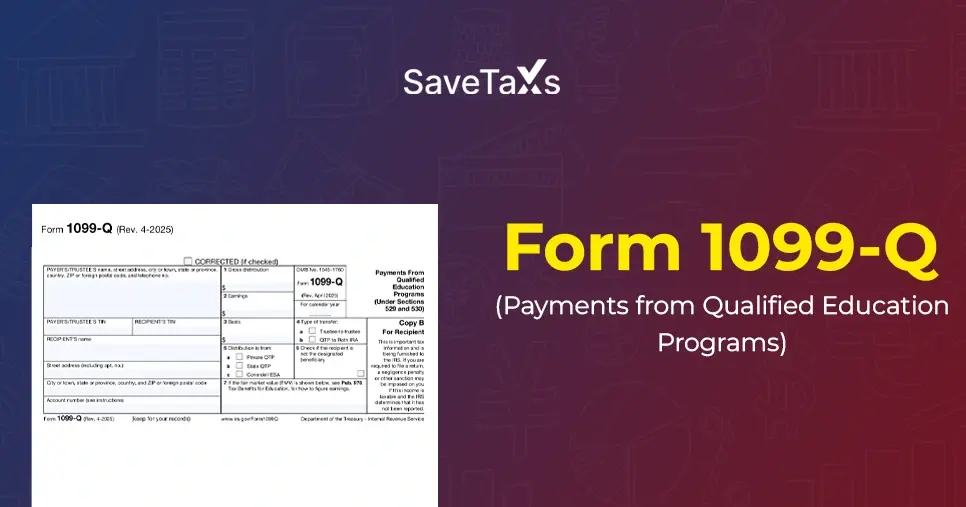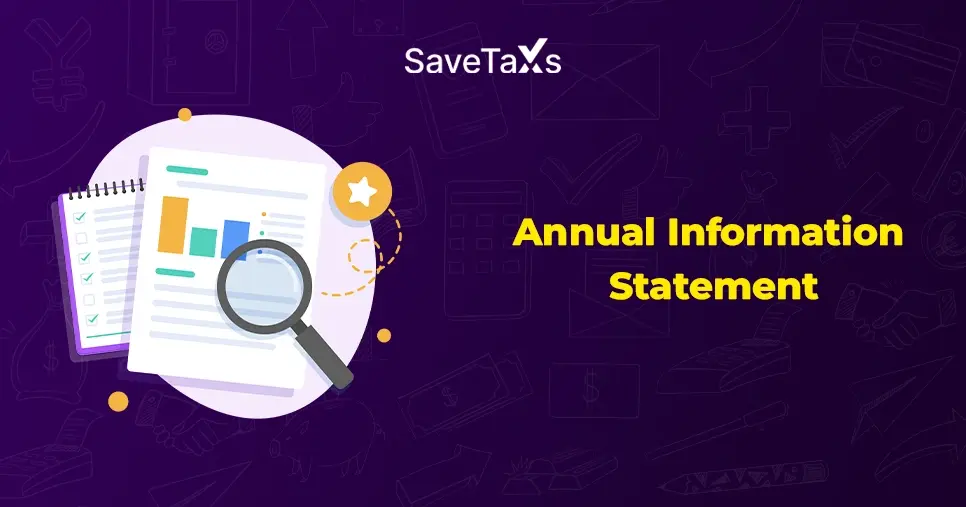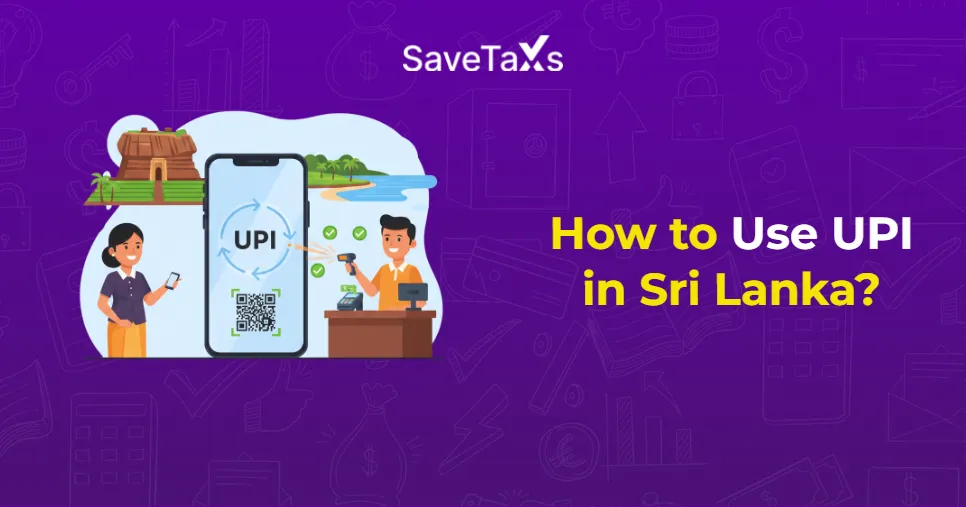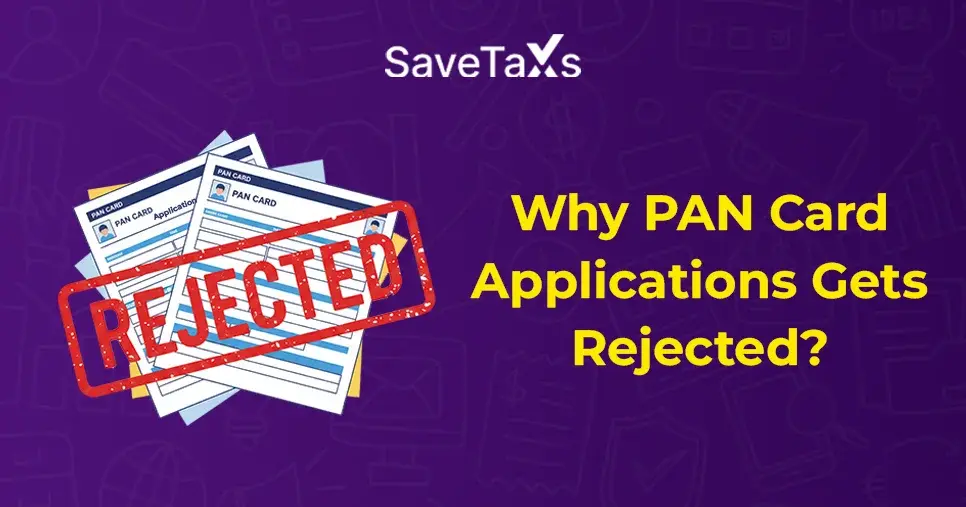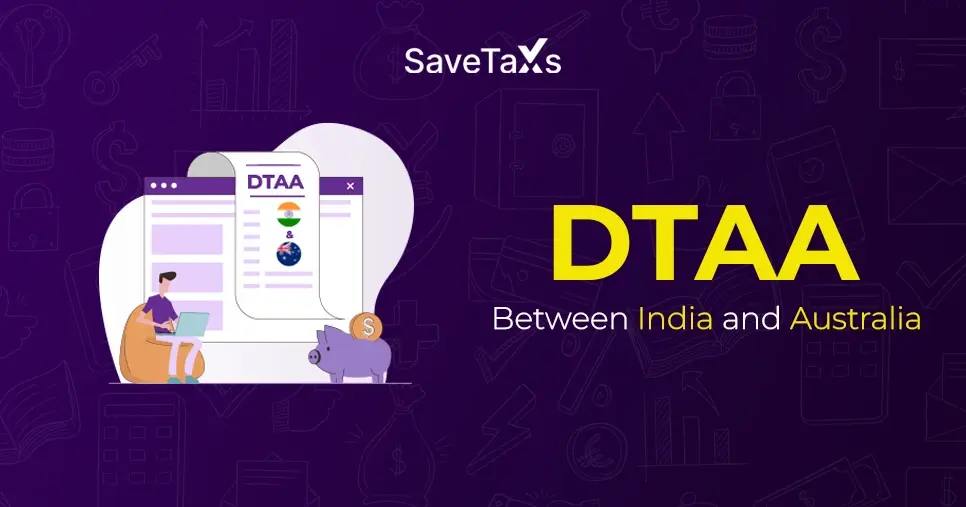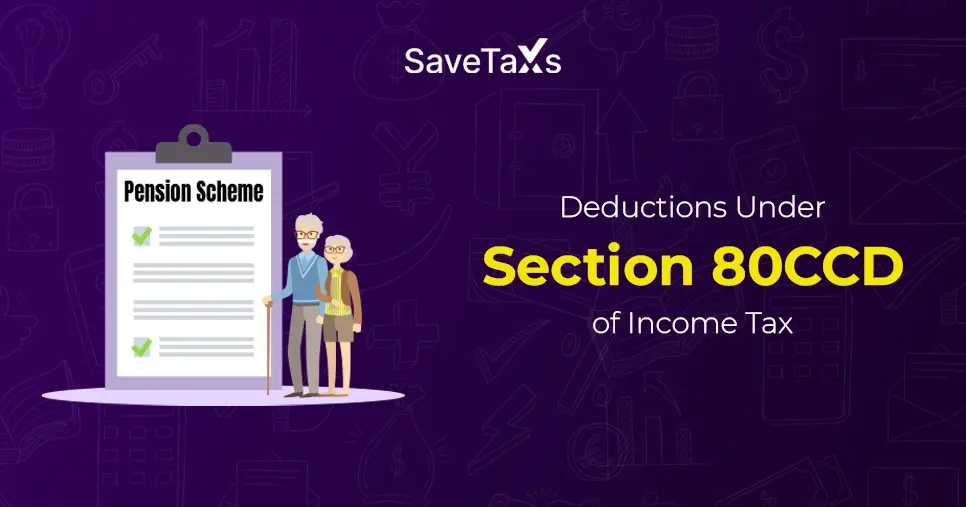- What is HRA (House Rent Allowance)?
- Who is Eligible to Claim HRA Tax Benefits?
- House Rent Allowance Exemption
- How to Claim HRA Under Section 10 (13A)?
- How to Calculate HRA Exemption?
- Example of HRA Exemption Calculation
- What are the Documents Required to Claim an HRA?
- Can I Claim HRA and Deduction on Home Loan Interest?
- How Can I Claim HRA When Living With Parents?
- To Conclude
HRA stands for House Rent Allowance, which is typically included as part of an individual's salary. It is one of the vital components of your salary for which deductions are subject to taxation either fully or partially under Section 10 (13A) of the Income Tax Act. Additionally, it can also provide significant benefits of exemptions. You must remember that this exemption is only accessible under the old regime, and the amount of the exemption might vary depending on whether the taxpayer resides in a metro city or a non-metro city. If you wish to avail of the HRA tax exemption, you must understand how the House Rent Allowance is calculated and what documents you need. Keep reading this blog to understand everything you need to know about an HRA.
What is HRA (House Rent Allowance)?
HRA or House Rent Allowance is a special allowance provided by an employer to an employee to cover the expenses of living in a rented house. HRA is a part of your salary; however, it is not fully taxable, i.e, under the old tax regime, the part or entire HRA can be exempt from income tax. A portion of your HRA is excluded from taxation under Section 10 (13A) of the Income Tax Act, 1961, to the extent of the least of the following:
| Metro Cities (Delhi, Kolkata, Mumbai, and Chennai) | Other Cities |
|---|---|
| Actual HRA Received | Actual HRA Received |
| 50% of salary | 40% of salary |
| Rent paid - 10% of salary | Rent paid - 10% of salary |
Note: Salary here specifies basic salary, dearness allowance, if in terms of the agreement, and commission as a fixed percentage of turnover.
You must keep in mind that the HRA exemption is available only under the old tax regime. Therefore, a taxpayer choosing the new tax regime will not be permitted to avail of this exemption, making the entire component taxable.
Who is Eligible to Claim HRA Tax Benefits?
This tax incentive only applies to salaried individuals who have an HRA portion of their pay structure and stay in a rented accommodation. Additionally, it is not just limited to the salaried class; any individual can acquire the tax benefits related to HRA.
- Under Section 10 (13A), an exemption is allowed for salaried individuals who receive HRA.
- HRA calculated under this section will not be included in the taxpayer's salary.
HRA For the Self-Employed
According to the Income Tax Act regulations, self-employed individuals are not allowed to claim HRA. However, if you still want to claim HRA, you can claim tax deductions towards the rented housing under Section 80GG.
House Rent Allowance Exemption
HRA (House Rent Allowance) is a part of your salary that your employer provides to help you cover the expenses of rent.
- The entire HRA you receive will not always be exempt from income tax. HRA is a part of your salary income and hence, it will be considered as your taxable income at first.
- However, under Section 10 (13A) of the Income Tax Act, you have the option to claim a tax exemption either partially or fully. It is widely known as the HRA exemption.
- If you stay in your own residential property apart from a rented accommodation, then this allowance is subject to full taxation.
Remember that the tax exemption of HRA (House Rent Allowance) will not be offered if you opt for the new tax regime.
How to Claim HRA Under Section 10 (13A)?
If you want to claim the HRA exemption under Section 10 (13A), you must fulfill the following conditions:
- You must be a salaried employee.
- Living in rented housing
- Receive HRA as a part of the CTC (Cost to Company)
- Submit valid rent receipts and proof of rent payments.
Please note that the HRA exemption calculation will be based on different factors, such as salary, rent paid, HRA received by the employee, the city of residence of the employee, etc.
How to Calculate HRA Exemption?
According to Rule 2A, the lowest of the following amounts can be claimed by an individual as an HRA tax exemption under Section 10 (13A):
- Actual HRA Received
- Actual rent paid (-) 10% of [basic salary + Dearness Allowance + Commission*]
- Metro Cities (Delhi, Mumbai, Kolkata, Chennai): 50% of [basic salary + Dearness Allowance + Commission*]
- Non-Metro Cities: 40% of [basic salary + Dearness Allowance + Commission*].
*Commission means commission as a fixed percentage of turnover.
Example of HRA Exemption Calculation
Let's understand the HRA exemption calculation by considering the situation of Mr. Raj, a salaried individual who lives in Kolkata. He has taken up a rented accommodation for which he pays a monthly rent of Rs. 10,000 during the financial year (FY) 2024-2025. He gets a basic salary of Rs. 25,000 every month and DA of Rs. 2,000, which is included as part of the salary. Additionally, he also receives an HRA of Rs. 1 lakh from his employer during the year.
Let's understand the HRA component that would be tax-exempt during the financial year 2024-2025. Calculate the following according to the given data:
Exemption of HRA would be the lowest of the following:
| Particulars | Amount |
|---|---|
| HRA Received | Rs. 1 lakhs |
| 50% of basic salary and DA, as he lives in Kolkata | 50% of Rs. 3,24,000 + Rs. 1,62,000 |
| Rent paid - 10% of basic salary and Dearness Allowance |
(Rs. 10,000*12) - 10% of Rs. 3,24,000 + Rs. 87,600 |
The whole amount of rent, which is Rs. 1,20,000, paid by Mr. Raj, is not exempt directly as it requires calculations, and the lowest of the three calculated amounts will be exempt from income tax. Additionally, Mr. Raj lives in a metro city, which is Kolkata, so 50% of his basic salary and DA (Dearness Allowance) will be considered for calculation, instead of 40%.
Since the HRA that Mr. Raj receives is Rs. 1 lakh, the full HRA component will not be tax-exempt. The exemption will be the least, which is Rs. 87,600, and the remaining HRA component will be subject to taxation at the applicable slab rates. This will only apply if Mr Raj chooses the old tax regime. The exemption will not be available to him if he opts for the new tax regime, suggesting that the whole amount of HRA of Rs. 1 lakh will be taxed at the applicable slab rates.
What are the Documents Required to Claim an HRA?
The following are some of the crucial documents that you need to submit the claim the benefits of HRA. Although it is not mandatory to provide all the supporting documents along with your income tax return, you need to submit proof to the employer and give a response to the department in case of any notices. To do the same, you need the documents mentioned below:
- Form 12BB
- Rent receipts
- Rental agreement
- Bank payment as proof of rent
- A salary slip where HRA is included
- PAN card of your landlord (if the rent amount exceeds the limit of Rs. 1 lakh every year). If you fail to provide this, you may lose out on the chance of claiming the HRA exemption.
For landlords who do not have a PAN card, they must sign a self-declaration mentioning that he/she doesn't have a PAN, according to circular No. 8/2013 dated 10 October 2013.
Can I Claim HRA and Deduction on Home Loan Interest?
Yes, you can claim both HRA tax exemption and deduction on home loan interest. However, there can be situations where you are staying in a rented house while already owning a residential property.
- If you are staying in a rented accommodation in the same city where your own house is located
In this case, you will have to explain the claim of deduction with appropriate reasons, which means you need to justify why you are not staying in a rented house instead of your own house. One reason could be that the location of your office is very far from the location where your house is situated. This way, you will be eligible to claim both HRA and home loan benefits, provided you meet the applicable conditions.
How Can I Claim HRA When Living With Parents?
To understand this situation, let's consider the situation of Aayushi. Aayushi lives in Chennai and works in an MNC. Even though her company offers her HRA, she doesn't stay in a rented accommodation; instead, she stays with her parents in their own house. So, the question here is how she can utilize this allowance?
Here, Aayushi can pay rent to her parents and claim the allowance that is provided to her. She will have to make a rental agreement with her parents and transfer an amount as rent to them every month. Additionally, Aayushi's parents will also have to report the rent paid by her as their income in their income tax return. If their other income is under the basic exemption or taxable at a lower slab rate, they can save some tax amount on the family income. Some things are crucial in this agreement, which are:
- A rental agreement
- Transfer of rent amount, preferably through bank transfer
- Reporting of rental income by their parents by filing an income tax return.
To Conclude
HRA (House Rent Allowance) is important as it offers a valuable tax exemption that can save a significant amount for those individuals who live in a rented house. Learning how to calculate HRA deduction accurately will help you take the maximum advantage of this benefit. You can use Savetaxs HRA calculator to check your HRA exemption. Savetaxs HRA calculator will show you on which part of your HRA you need to pay taxes, which means how much of your HRA is taxable and how much is exempt from tax. We provide a reliable source for you to determine and get an estimation of your HRA exemption. The tool will only provide accurate calculations and will eliminate any risk of errors that can occur during manual calculation.
Note: This guide is for informational purposes only. The views expressed in this guide are personal and do not constitute the views of Savetaxs. Savetaxs or the author will not be responsible for any direct or indirect loss incurred by the reader for taking any decision based on the information or the contents. It is advisable to consult with either a Chartered Accountant (CA) or a professional Company Secretary (CS) from the Savetaxs team, as they are familiar with the current regulations and help you make an accurate decision and maintain accuracy throughout the whole process.

Mr Varun is a tax expert with over 13 years of experience in US taxation, accounting, bookkeeping, and payroll. Mr Gupta has not prepared and reviewed over 5000 individual and corporate tax returns for CPA firms and businesses.
- What is Double Taxation Avoidance Agreement (DTAA)? How NRIs can Claim Benefits Under DTAA
- Section 195 of Income Tax Act - TDS Applicability for NRI
- Sections 90, 90A & 91 of the Income Tax Act for NRIs
- What is the Double Tax Avoidance Agreement (DTAA) Between India and Singapore?
- Everything You Need to Know About Form 15CA and 15CB of Income Tax
- How to Claim TDS Refund for an NRI?
- A Comprehensive Guide on the DTAA between India and the USA?
- Double Tax Avoidance Agreement (DTAA) Between India and UK
- What is a Tax Residency Certificate (TRC) and How to Get It?
Want to read more? Explore Blogs
Frequently Asked Questions
No matter what your source of income is, we've got you covered. There’s a plan for everybody!
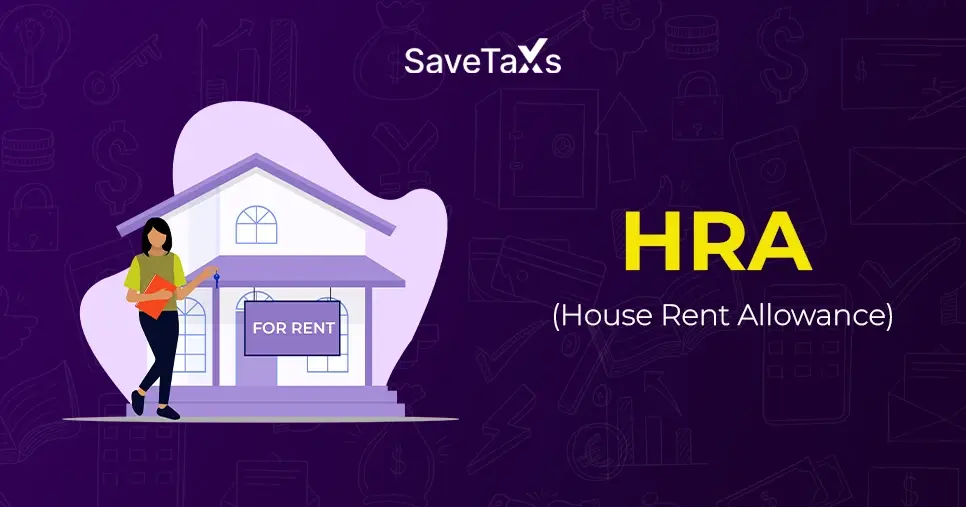
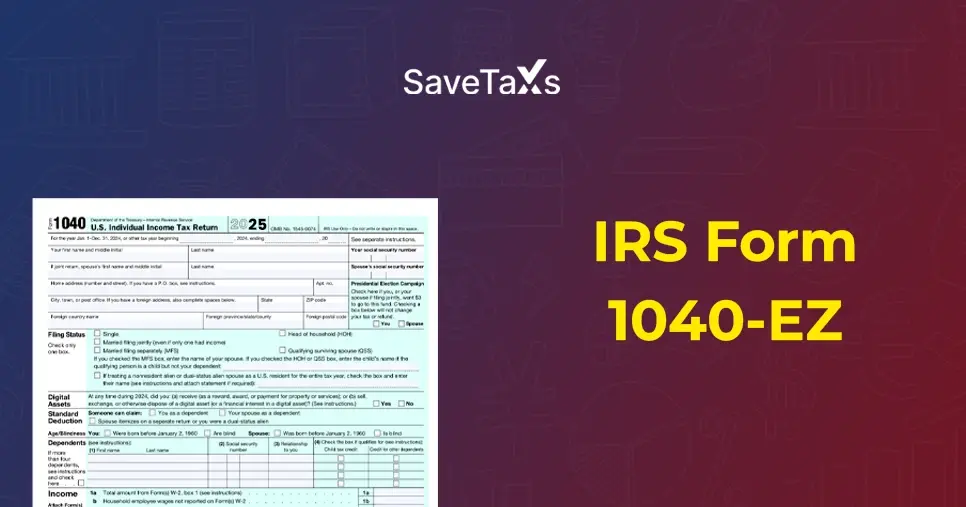


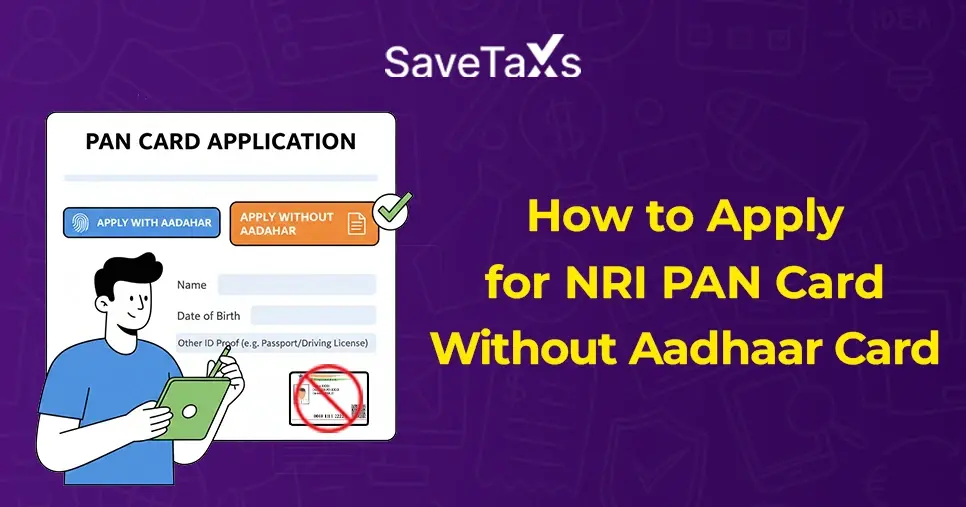
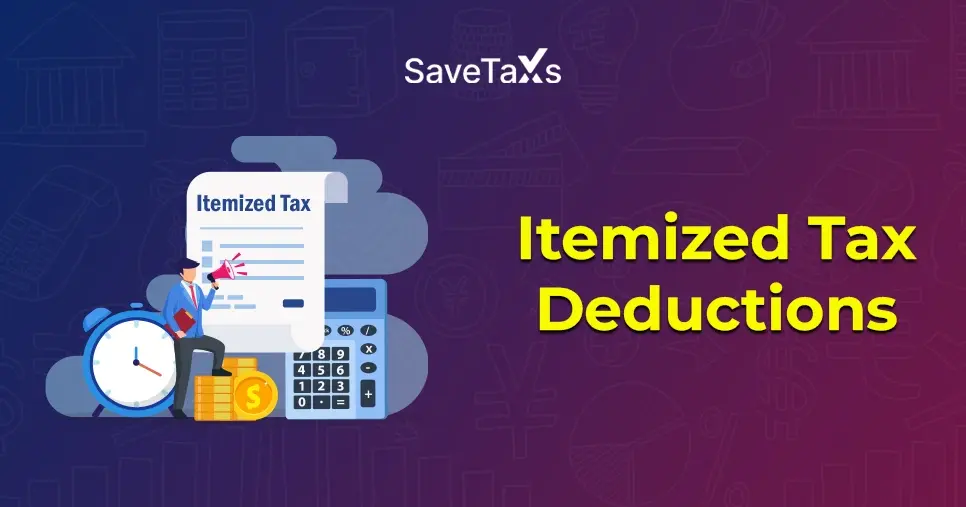
_1766742512.webp)
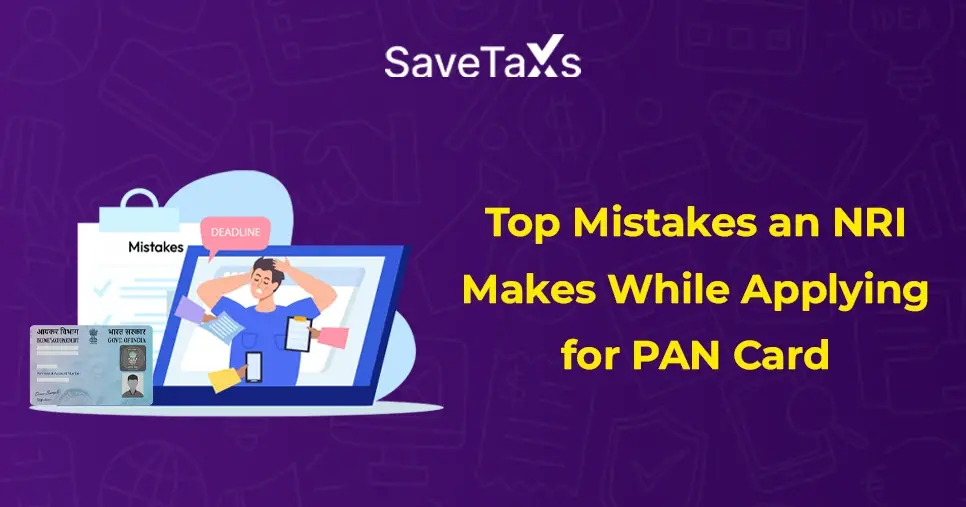
_1767080655.webp)
